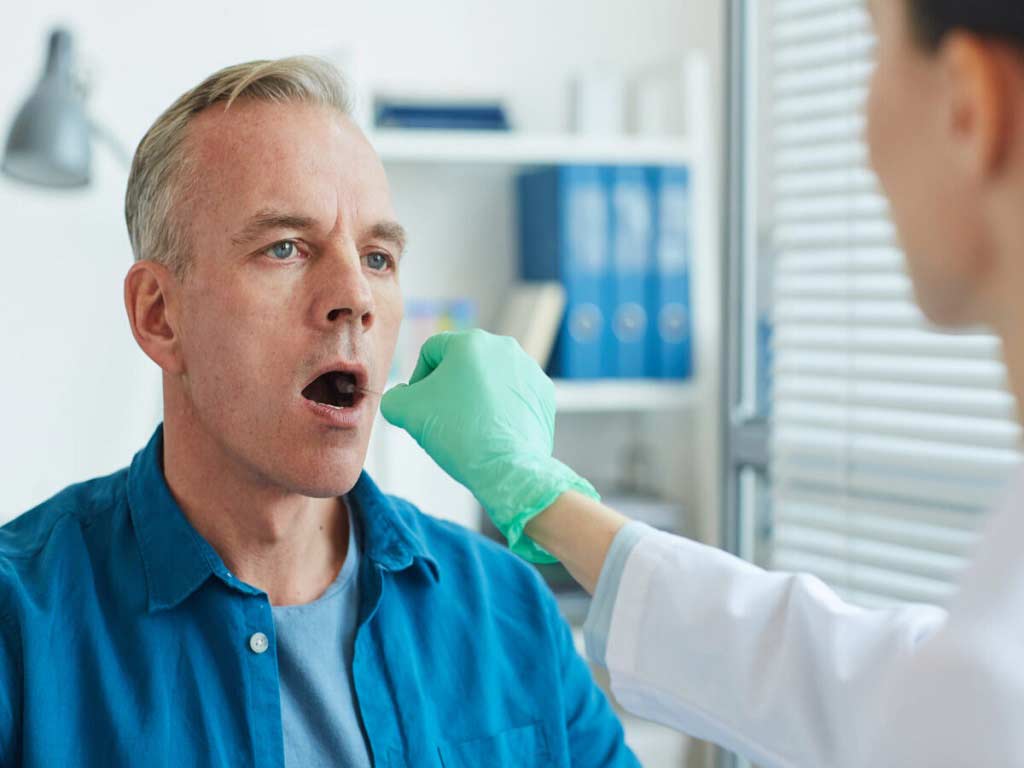Drug Test for Employment: Importance, Types of Tests, and Policies
19 February, 2024

Drug testing for employment is a crucial process for many Australian companies. It provides various importance, as it maintains workplace safety, productivity, and compliance with regulatory rules. Furthermore, there are several types of tests used in workplace testing. This includes urine tests, saliva tests, blood tests, and hair tests. Typically, employers have specific workplace policies. These outline the purpose of the testing, the drug testing methods, and disciplinary actions.
The presence of drugs and the impact of drug use continues to be a significant concern in society. Hence, employers establish safeguards based on safety legislation to ensure their workforce remains drug-free. This has led to the implementation of drug testing company policies across various industries. However, many job seekers or employees may not fully grasp the purpose of these tests. This article will present the importance of employment or workplace drug testing, the types of testing, and the policies.
Importance of Drug Testing for Employment
Drug testing for employment is important because of several reasons. Firstly, it promotes a safe workplace. This is paramount in safety-sensitive duties like in the mining industry and heavy machinery and heavy vehicle operators. Secondly, it ensures legal compliance with relevant standards. This is crucial to avoid legal challenges and maintain a solid standing with regulatory authorities.
Thirdly, it enhances productivity and performance. Illicit substances can impair physical and cognitive abilities, decision-making skills, and job performance. By testing, employers can ensure a more productive workplace. Fourthly, the process reinforces the commitment of the company to promoting occupational health. This can also lead to providing interventions, support, and resources for affected workers.
Furthermore, a drug-free workplace enhances the reputation and image of the company. This assures clients, customers, and partners of the commitment of the organisation to safety and professional standards. Finally, the testing implementation acts as a deterrent against drug usage. This encourages individuals to refrain from using illegal drugs or abusing prescription drugs.
Reasons to Conduct
- Pre-employment drug testing: this helps employers ensure they hire candidates who are not currently illicitly using drugs.
- Random drug testing: this deters employees from engaging in substance abuse. It also helps to identify and address potential drug use that may have gone undetected during or after the hiring process.
- Reasonable suspicion testing: this occurs when employers have reasonable suspicion, such as visible signs of impairment, that an employee may be under the influence of drugs.
- Post-incident testing: following workplace accidents, testing is crucial for determining if drug usage or alcohol consumption contributed to the event. This is vital for determining liability and the potential creation of preventive measures.

Types of Drug Tests for Employment
Employers use various types of drug tests for employment. Urine drug testing is one of the most commonly used methods for detecting substances. This typically uses urine samples and analysing it for the presence of substances. It is cost-effective and can detect a wide range of drug classes. Nevertheless, it provides a reliable indicator of drug use, with a detection period ranging from days to weeks.
Oral fluid or saliva testing is gaining popularity due to its non-invasiveness and ease of administration. This procedure can detect the presence of substances within a few hours of ingestion. Hence, it is well-suited for identifying recent use. Meanwhile, blood testing is considered the most invasive but highly accurate method of testing. It can give a precise indication of recent drug usage.
Moreover, hair testing involves analysing a small quantity of hair samples to detect the presence of drug metabolites. This method is unique as it can provide a longer window of detection, typically spanning several months. Therefore, hair tests are particularly effective in identifying a history of drug use. Overall, each type of test offers distinct advantages and uniqueness.
Detectable Substances
The different types of tests can detect a range of substances. Drug testing commonly screens for illicit drugs. This may include marijuana, cocaine, amphetamine substances, methamphetamine, and Phencyclidine (PCP). These substances are illegal as they can impact job performance and compromise workplace safety.
Workplace testing may include testing for certain prescription medications. This is particularly true for those with the potential for abuse or impairment. Some examples are opioids, benzodiazepines, and other medicines that can impact cognitive and motor functions. Additionally, ethanol is often included in drug testing. It is an active ingredient in most alcoholic beverages.

Policies Regarding Drug Tests for Employment
Policies about drug tests for employment are usually in place to establish clear guidelines and procedures. Foremost, these policies define the purpose and reasons for conducting the tests. It provides a framework for when and how drug testing will be utilised. In addition, these guidelines establish the testing procedures. This helps employees to understand the methods by which tests will be administered.
Furthermore, drug testing policies typically address the consequences of a non-negative result. This may include verbal or written warnings, suspension, and even termination of employment. Also, this may involve potential avenues for seeking assistance or rehabilitation for workers struggling with substance abuse. These aim to provide a transparent and equitable approach to managing positive drug test results.
Confidentiality is another critical aspect of the policies. These commonly outline the measures that will be taken to maintain the privacy of test results. Lastly, drug testing policies may outline the responsibilities of employees and the employer. This may include expectations for maintaining a drug-free workplace, cooperating with testing requirements, and providing support resources.
Can an Employee Refuse a Test?
In most cases, an employee cannot refuse a drug test without repercussions. Many companies have policies that require employees to undergo drug testing as a condition of employment or as a part of other testing programs. Refusing to take a drug test can result in severe consequences, including warnings, suspicion, and termination of employment.
Additionally, in industries where safety is a priority, such as aviation or transportation, refusing a drug test may result in the revocation of licenses or certifications. It is essential for employees to be aware of their drug testing policies and to understand the potential impacts of refusing a test.
Conclusion
In summary, drug tests for employment are essential for several reasons. This includes maintaining workplace safety, productivity, occupational health, and legal compliance and enhancing the reputation of the company. Subsequently, employers conduct the test as part of the pre-employment process. Additionally, organisations conduct it for random, reasonable suspicion, and post-accident testing. There are various types of testing methods. This involves urine, saliva, blood, and hair testing.
Furthermore, the testing methods can detect a wide range of substances. This may include marijuana, cocaine, PCP, opioids, benzodiazepines, and alcohol. Nevertheless, it is crucial to know the policies of workplace drug testing. This may involve outlining the purpose of the testing, testing procedures, consequences of positive results, support and resources, confidentiality, and responsibilities. Finally, it is vital to recognise that employees cannot refuse a test without disciplinary action. This includes warnings, suspension, and even termination.






























